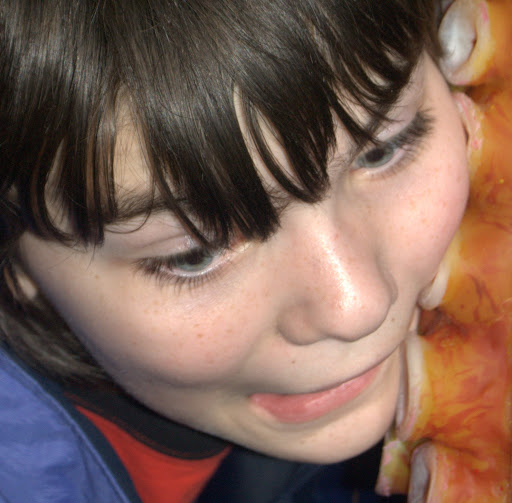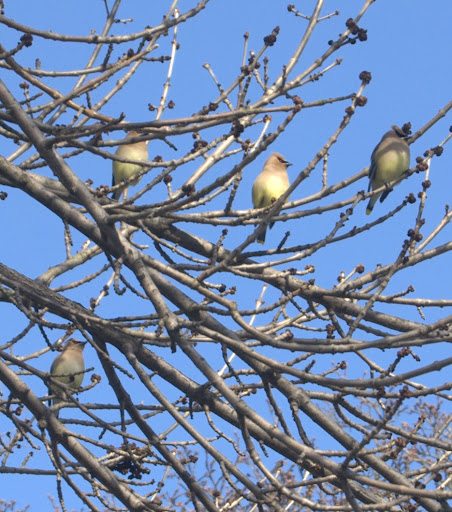>> I have a few thoughts on reading and narration. My oldest (8) has
always loved reading. She reads everything, and just pointed out the fact
that, for her, reading is very automatic...when she sees a sign or
billboard she says she cannot help but read it
education thing, asking her to tell me about what she had read, it was
torture for us. I knew she understood what she was reading (or, at lest I figured
she must...why would anyone read the rich writings of Lewis, Nesbit,
etc. if she didn't understand what she was reading?), but she didn't seem to be
interested in spewing the info back at me. Reading is far too personal, and
I believe that she felt I was invading. Moreover, she felt that I really didn't want to know what was in the story, but wanted to test her knowledge as though I did not trust in her ability to read.
Narration, as I read about it in CM's books, has always seemed a bit stiff and unnatural. Karen Andreola told me that one of her children dislikes narration, and that narration has to be drawn out of this child with a series of questions from "Mom." Uggh! This is exactly what I don't want.
Rather, I prefer a natural, one-to-one conversation about a book(or anything). We have no set time, no schedule for this, it just comes naturally in the course of a day. My second oldest (6) lives to tell me what he has just read, while my oldest is just beginning to see the pleasure
of literary discussions. Our narrations now resemble a book club meeting (sans Oprah!!).
Sometimes, I catch them "narrating" to other children. At music lessons one day, the kids were talking about the book The Five Chinese Brothers . The children (waiting for various lessons in the hallway) ranged in age from 4-8, and all of them had read the book. They talked through the story, making sure they got the whole thing straight, then they started making up more "Chinese brothers," each with his own life-saving attribute. This is one of those moments when I see the fruits of the CM method, and sigh.
Relationships abound in our home, and one of the greatest links is our style of narration. In nature study, we compare notebooks for ideas, not to determine who is the better artist (a relief to my artistically impaired ego). We draw what we see, and often get ideas from one another. "What a great shade of green," says one child. "That is exactly the color of the beetle's shell!" or "Hey, I didn't notice that antenna on the slug. Let me look again."
Sound Idyllic? It doesn't always happen this way, but this is our goal. No quizzing. No contrived questions. They talk, I listen; we all learn.<<
Of course, the children are quite a bit bigger now. That 8 year old will start college in the fall, and the 6 year old is a sophomore in a rigorous college preparatory Catholic high school. (Where does the time go?) We consistently used the above method throughout their time at home, and the younger kids (14 and 12) still narrate in a very conversational way. Fun and painless, our narration modifications have served everyone well!


